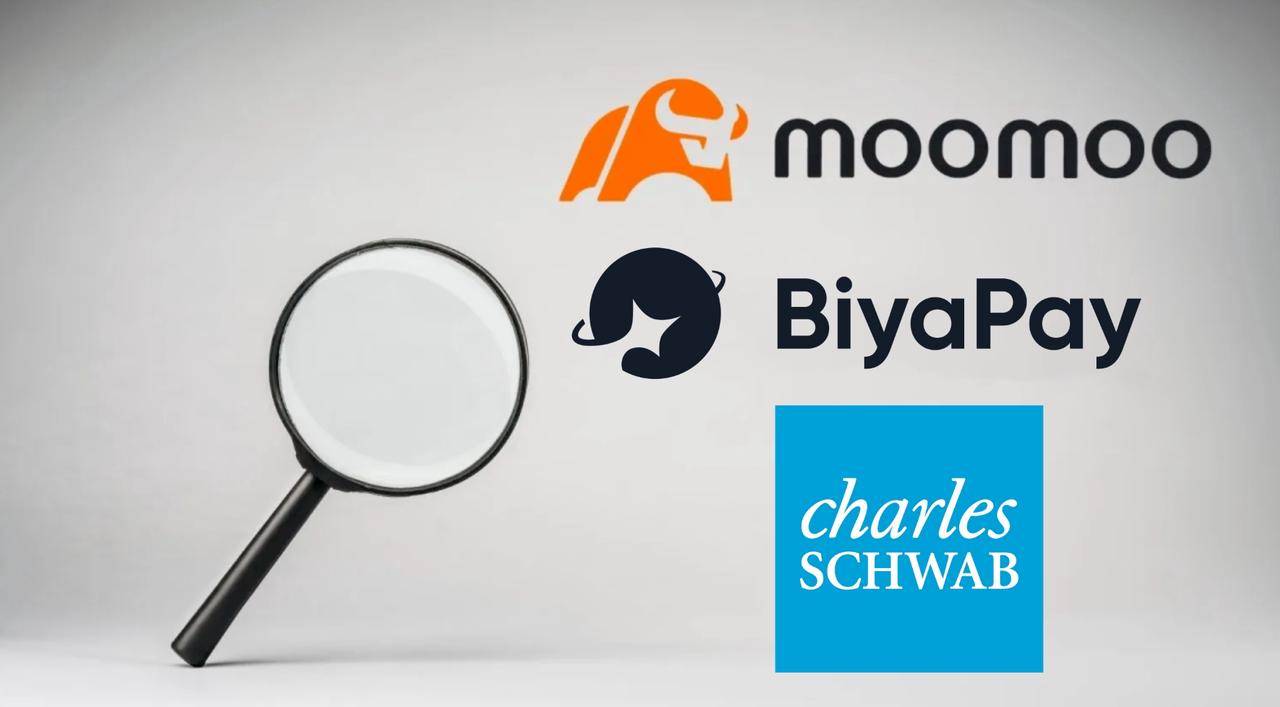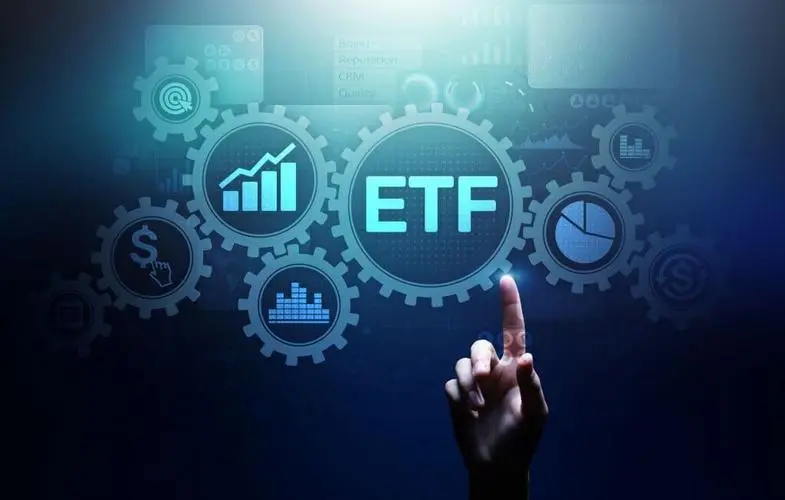- Remittance
- Exchange Rate
- Stock
- Events
- EasyCard
- More
- Download
- Creator

How Ordinary People Invest in U.S. Stocks? Overcome Inflation and Accumulate Wealth!
U.S. stocks have always been favored by investors due to their abundant high-quality standards, flexible trading, long trading hours, and transparent market regulations.
Quality companies in the U.S. stock market typically pay dividends quarterly, returning value to investors. Even more enticing than dividends are the substantial share buybacks that these companies conduct, canceling their own stock, which reduces the share capital, increases the shareholders’ equity, and leads to a rise in stock prices.
For instance, in August 2023, Nvidia announced a $25 billion buyback plan after its stock price had doubled over the year. Apple, on the other hand, is the champion of the stock buyback market, with buybacks totaling $61.2 billion over the past three quarters.
For domestic investors looking to trade U.S. stocks, the question arises: where can they trade U.S. stocks, and is an overseas card necessary, among other concerns?

Selecting a Reliable U.S. Stock Trading Platform
The most crucial step in trading U.S. stocks is choosing a reliable U.S. brokerage platform.
A brokerage platform is simply a stock trading app, like Tonghuashun or Dongfang Fortune in China, which cannot trade U.S. stocks. For trading U.S. stocks, specialized apps are needed. Here are some commonly used ones:
Futu Securities
- Simple account opening
- Diverse product range
- Slightly higher trading commission than Tiger Brokers
- Free real-time quotes
- Minimum deposit of 20,000 Hong Kong dollars
- Not available for account opening by individuals in mainland China
Charles Schwab
- Low trading costs
- Account opening available for those without a passport
- Supports third-party deposits and withdrawals
- Provides U.S. checking accounts, checkbooks, and debit cards
BiyaPay Wallet Broker
- Easy and straightforward account opening
- No minimum capital requirement
- Trades a variety of products, including Hong Kong and U.S. stocks
- No need for an offshore account, supports direct trading in U.S. and Hong Kong stocks with digital currency
- Supports ACH deposits, same-day currency exchange
- Real-time deposits and withdrawals
- Secure funds and low trading barriers
BiyaPay offers a wide variety of trading options, including U.S. and Hong Kong stocks, as well as cryptocurrencies, making it a strong company. I use the BiyaPay App for trading U.S. stocks because it does not require an overseas bank card and supports currency exchange directly on BiyaPay, with both wire transfer and ACH deposit methods, offering same-day processing with no fees.
How to Open an Overseas Bank Account?
As some U.S. brokers require an overseas bank card for deposits and withdrawals, let’s explore how to obtain one:
1.Go to Hong Kong in person
This is the most direct method, although the process in Hong Kong may not be as quick as in mainland China, but there is guidance available.
2.Not going to Hong Kong
If visiting Hong Kong is inconvenient, you can use an agency that specializes in opening Hong Kong bank cards, though they may charge a fee of 1k-2k.
3.Neither going to Hong Kong nor using an agency
You can opt for banks in mainland China with branches in Hong Kong, such as HSBC, Citibank, Standard Chartered, and Hang Seng, although there are certain thresholds for obtaining an overseas card.
In summary, if you want to invest in U.S. stocks without needing an overseas bank card, the BiyaPay App is a great choice.

How Can Ordinary People Invest in U.S. Stocks and Accumulate Wealth?
For mainland residents, opening an overseas stock account has barriers, but this doesn’t mean they can’t invest in U.S. stocks.
Although direct investment in individual U.S. market stocks may not be feasible, index ETFs and sector ETFs are excellent alternatives, especially index ETFs. Over more than a century, despite market, economic, and financial crises, and deep downturns, these ETFs have always recovered and reached new highs, making them very suitable for ordinary investors to invest through regular contributions, thereby overcoming inflation and accumulating wealth.
S&P 500 ETF
This tracks the S&P 500, one of the three major U.S. indices, covering the top 500 U.S. companies and is globally representative. Warren Buffett has repeatedly recommended the S&P 500 index, saying long-term investment in it can outperform most investors.
NASDAQ ETF
Tracks the NASDAQ 100 index, representing technology stocks, with major holdings in companies like Apple, Microsoft, Amazon, Nvidia, META (Facebook’s parent company), Broadcom, Google, and Costco.
NASDAQ Tech ETF
A fund launched in August last year, focusing on technology stocks in the NASDAQ 100, with major holdings in Apple, Microsoft, Nvidia, META, Google, Broadcom, Adobe, AMD, and Intel, thus benefiting significantly from the AI wave.
U.S. 50 ETF
Features 50 top-quality U.S. listed companies with balanced holdings; the top ten holdings include Apple, Microsoft, Amazon, Nvidia, META, Google, Tesla, UnitedHealth, Eli Lilly, and Berkshire Hathaway. Notably, this fund was launched in November 2023 and has experienced domestic speculation, with its premium rate once exceeding 40%, now at 1.95%, returning to its value.
NASDAQ Biotech ETF
Different from the index funds, this sector fund focuses on biotechnology, known for larger fluctuations and cyclicality, with top holdings in renowned biopharma companies like Vertex Pharmaceuticals, Amgen, Regeneron, Gilead, Moderna, Biogen, AstraZeneca, Alexion Pharmaceuticals, Illumina, and Biomarin.
Before investing in U.S. stocks, it’s crucial to choose stocks you understand and find suitable.
Warren Buffett once said, “I only invest in companies I understand.”
This advice applies to all investors. The best way to start investing is by selecting familiar industries and companies, buying at the right time, and selling when prices reach your target.
Consider well-known U.S. stocks like Google, Apple, and Microsoft, which have high global recognition and market value, posing lower investment risks. Also, stocks in emerging sectors like technology, healthcare, education, and gaming could offer higher growth potential and investment returns.
Understanding Warren Buffett’s core investment principles can be enlightening and may prompt you to reconsider your investment strategy. Remember, there’s no one-size-fits-all answer in investing; even the most astute investors like Buffett can miss out on good opportunities or make mistakes. The key is to integrate Buffett’s investment philosophy into your approach and continually refine it over time.
In conclusion, investing in U.S. stocks is a viable option. By understanding the basics of U.S. stock trading, setting up a U.S. stock account, funding it, selecting the right U.S. stocks, and learning how to buy and sell them, you can participate in the global stock market and seize more investment opportunities.
Investing involves risks, so enter the market with caution.

























